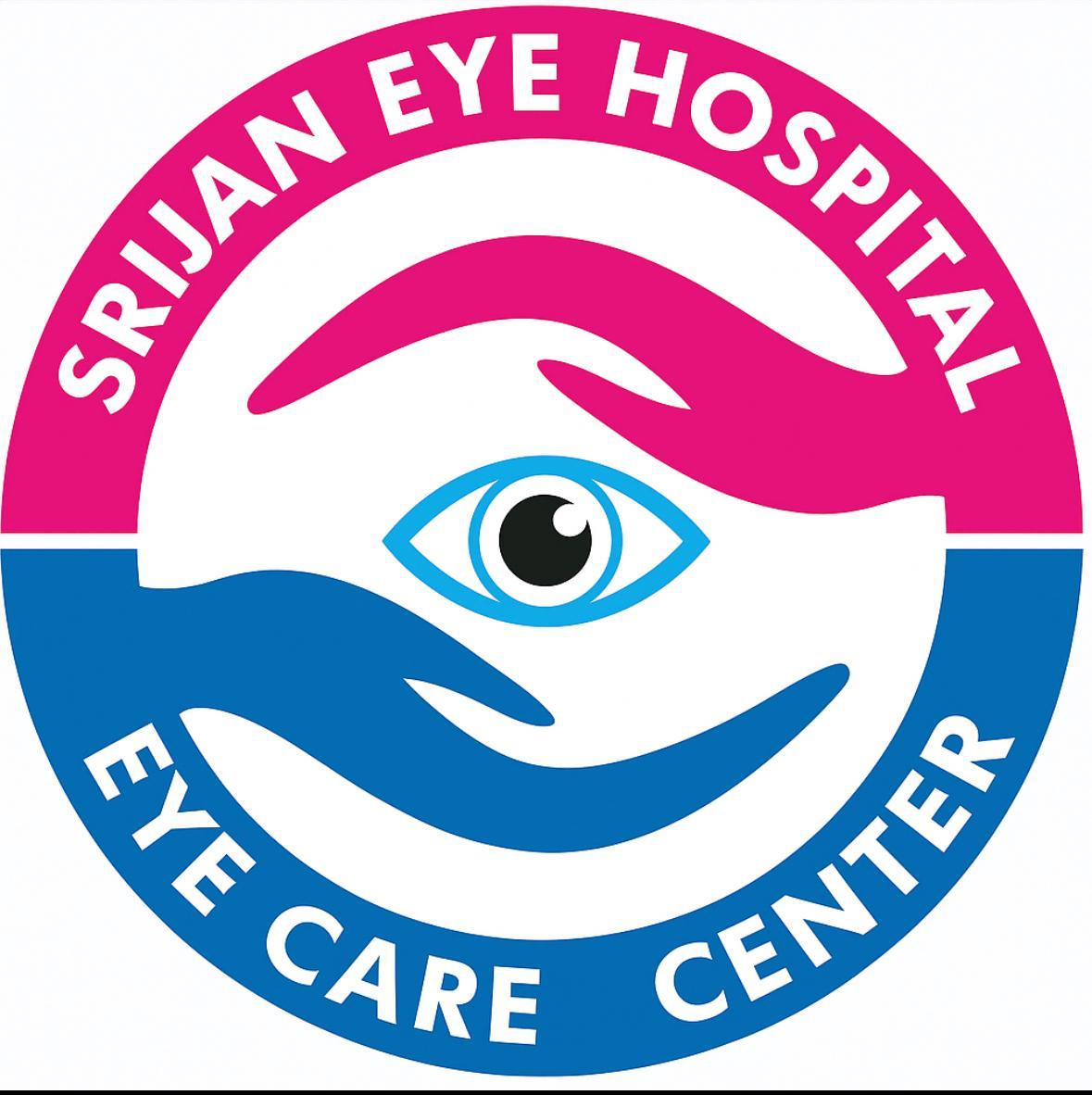Retinopathy of prematurity (ROP) poses unique challenges in treatment and long-term management due to its complex nature and potential for vision impairment.
Understanding the available treatment options and implementing effective management strategies are essential for optimizing outcomes in infants affected by ROP.
Treatment Options
The choice of treatment for ROP depends on various factors, including the stage and severity of the condition. Common treatment modalities for ROP include:
- Laser Therapy: Laser photocoagulation is a standard treatment for advanced stages of ROP, aiming to ablate the abnormal blood vessels in the retina and prevent retinal detachment.
- Cryotherapy: Cryotherapy involves freezing the peripheral retina to destroy abnormal blood vessels, similar to laser therapy, and is typically used for more advanced cases of ROP.
- Anti-VEGF Injections: Intravitreal injections of anti-vascular endothelial growth factor (anti-VEGF) agents such as bevacizumab can be effective in treating ROP by reducing abnormal blood vessel growth.
- Surgical Interventions: In severe cases of ROP with retinal detachment or tractional retinal folds, surgical procedures such as vitrectomy may be necessary to repair the retina and restore vision.
Long-Term Management Strategies
Following successful treatment for ROP, infants require ongoing monitoring and management to address potential late complications and ensure optimal visual outcomes.
Long-term management strategies for ROP may include:
- Regular Eye Examinations: Infants who have undergone treatment for ROP should receive regular follow-up eye examinations to monitor for recurrence or late complications such as retinal detachment, myopia, or amblyopia.
- Vision Rehabilitation: Early intervention with vision rehabilitation services, including vision therapy and assistive devices, can help infants with visual impairments maximize their remaining vision and develop essential visual skills.
- Developmental Support: Infants affected by ROP may benefit from multidisciplinary care involving pediatricians, ophthalmologists, developmental specialists, and early intervention programs to address developmental delays and support overall growth and development.
Retinopathy of prematurity poses significant challenges in treatment and long-term management, but with appropriate interventions and ongoing support, infants affected by ROP can achieve optimal visual outcomes and lead fulfilling lives.
Understanding the available treatment options and implementing comprehensive long-term management strategies are critical steps in addressing the complex needs of infants with ROP and ensuring the best possible outcomes for their future.




